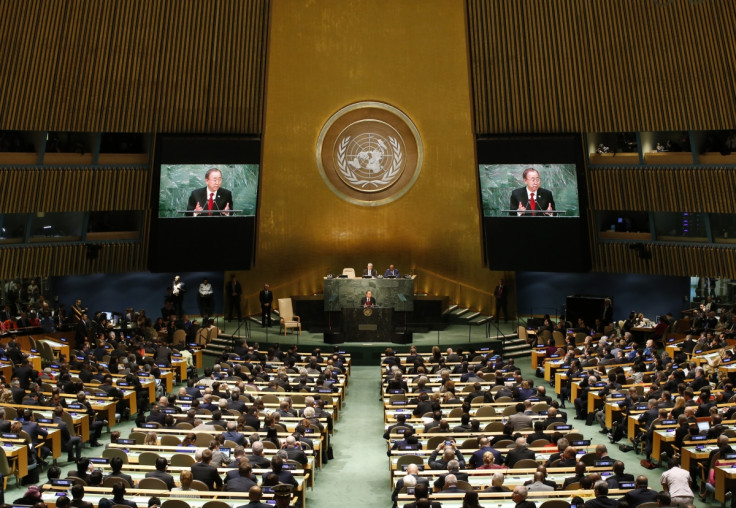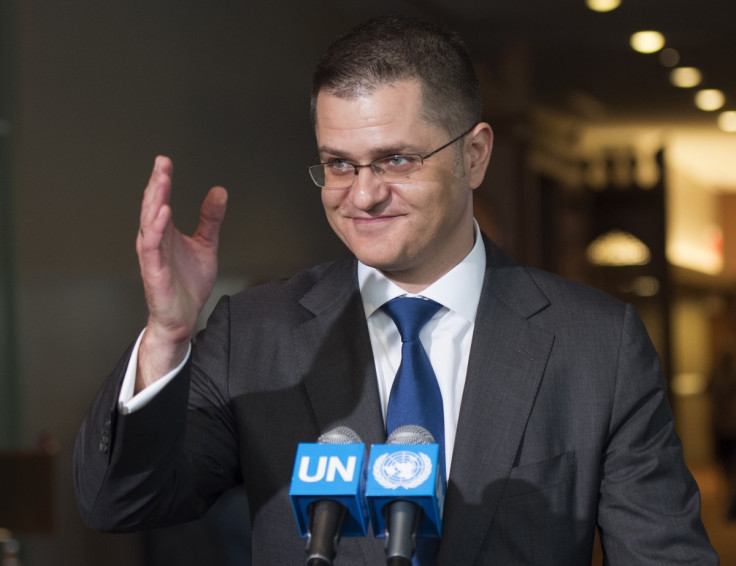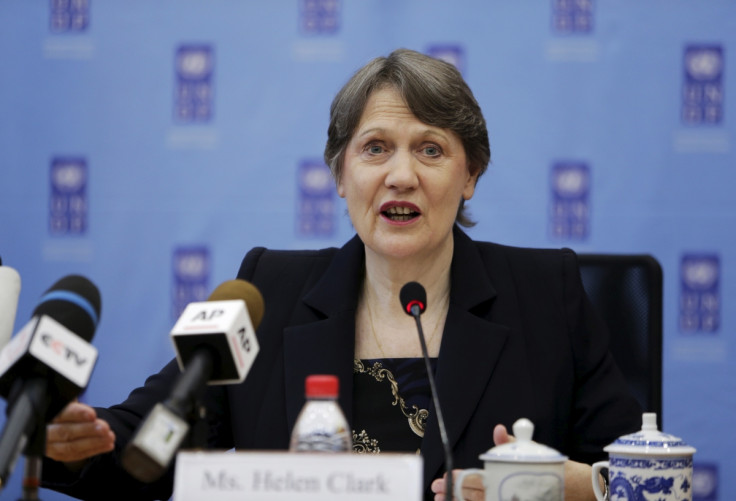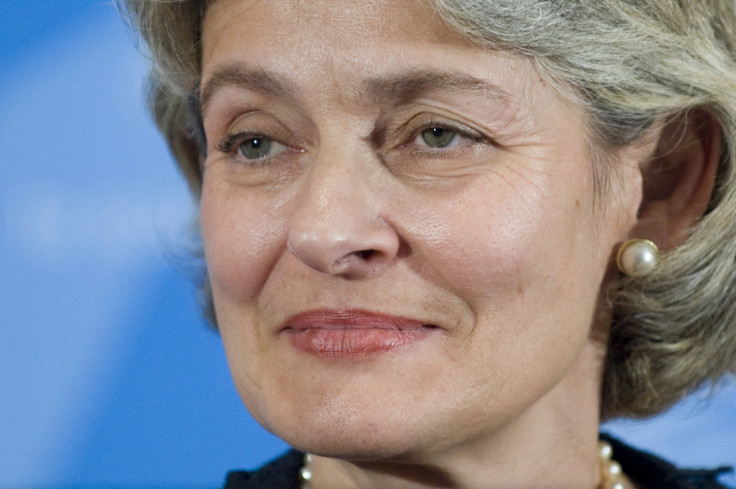UN secretary-general 2016: Open race could propel 1st woman to world's top diplomatic post

Only selecting the Pope was a process more opaque than the one that puts in place the United Nations' secretary-general. While there may be no puff of white smoke like the one that follows the papal conclave's decision on the man to lead more than one billion Catholics, at least this year the UN ballot over who will lead an even larger flock of seven billion will be its most transparent.
As Ban Ki-moon's tenure finishes in December 2016, the closed doors behind which the horse trading used to take place to choose the world's top diplomat have been thrown wide open, thanks in part to the civil society coalition, the 1 for 7 billion campaign.

"You and I know who the candidates are, that is a huge step forward," said Natalie Samarasinghe, Executive Director of the United Nations Association UK that spearheaded the campaign, speaking to IBTimes UK.
It makes for a change. In 2006, even the other states on the Security Council did not seem to know who was in the running. The UK and France were essentially sidelined by Beijing and Moscow, before Ban Ki-moon was chosen to succeed Kofi Annan.
This time around, just like applying for a regular job, the nine candidates had to submit a 2,000-word covering letter outlining their mission statement.
Their CVs were made available online and they then had to submit to a two-hour question-and-answer session from members of the public before going on the hustings trail to drum up support. The organisation that advises other countries on how to conduct elections is practising what it preaches.
"After the April round of the meetings with candidates, the whole air was buzzing with those views. We have their CVs, we can question them and while the decision rests with the Security Council, they cannot entirely ignore the campaign," Samarasinghe said.
"We have raised the cost of their making a poor appointment. Having good candidates out there means it will be difficult for the Council to make a bad decision or to spring a candidate on the UN's membership at the last minute," she said.
With a bruising election campaign under way in the US, an equally toxic EU referendum in Britain, plus British elections in May, people could be forgiven for having plebiscite fatigue. Samarasinghe does admit it has been a daunting task to drum up public interest for what is essentially a UN recruitment process that has existed for 70 years.
"Our pitch was that you really need to do something to show that the UN can change and it can work for all the members of the UN. We tapped into the level of frustration at the closed doors' decision making but we put out sensible proposals that have opened up the UN as a whole," she said.
There are limits to this transparency though. After the electioneering, the Security Council will recommend a candidate to the General Assembly and let's not forget that the five permanent countries will ultimately hold a veto, meaning that it is unlikely that a candidate who has annoyed China, Russia or the US would be chosen.
The chatter is that they want someone from Eastern Europe.
Eastern Europe favoured

Most of the candidates hail from that region, with one of the front-runners, Vuk Jeremić, a former Serbian foreign minister, renowned as a straight-talking ex-president of the UN general assembly.
The former Yugoslavia has emerged the main training ground for prospective candidates that include ex-Macedonian foreign minister Srgjan Kerim, Montenegro foreign minister Igor Lukšić who at 39 is the youngest candidate, as well as Danilo Türk from Slovenia.
Also among that group is Vesna Pusić, the Croation foreign minister, one of the strong female candidates in the running as momentum grows for the first woman head of the United Nations.
Long-time UN observer Jean Krasno helped found the Campaign To Elect a Woman UN Secretary-General. From New York, she told IBTimes UK that giving a woman the post of deputy secretary-general was not enough. "I just find that so disingenuous and degrading. It's like, give the lady a lollipop and pat her on the head and then she will be satisfied. It is unfair," she said.
In the running are the former deputy prime minister of Moldova, Natalia Gherman, current UNESCO director General, Irina Bokova from Bulgaria, and as far away from that region as you could possibly get, Helen Clark from New Zealand.
It means that January 2017 could see the very real prospect of a woman taking the helm as the world's top diplomat at the same time as one also taking up residence in the White House.
Women in the frame

Krasno is clear on how the UN can live up to resolution 1325 which stipulates the UN must take on the empowerment of women.
"It is not just about fairness or gender equity, it is also women around the world need a voice. If member states feel that it is so important to have a secretary-general from a particular region then they must believe that person is going to represent the interests of that region. So why are we ignoring women as secretary-general when over half the population of the world are women?"
Whatever the outcome, it is unlikely to dispel criticisms of the UN which include the continuing power of the permanent members and question marks over whether an organisation formed seven decades ago is fit for purpose to tackle the refugee crisis, a belligerent North Korea, and the rise of Islamist groups like Isis.
However campaigners say that whatever the institutional limitations of the UN, Secretaries-General can still effect genuine change. In the past, they have eased the Cuban missile crisis, brokered with pharmaceutical companies to widen access to Aids drugs and more recently, incumbent Ban Ki-moon championed LGBT rights.
As Natalie Samarasinghe from the United Nations Association UK puts it, a secretary-general with broader support from the open selection process will give them a greater mandate for change. "There is a lot that the secretary-general can do," she said.
© Copyright IBTimes 2025. All rights reserved.




















